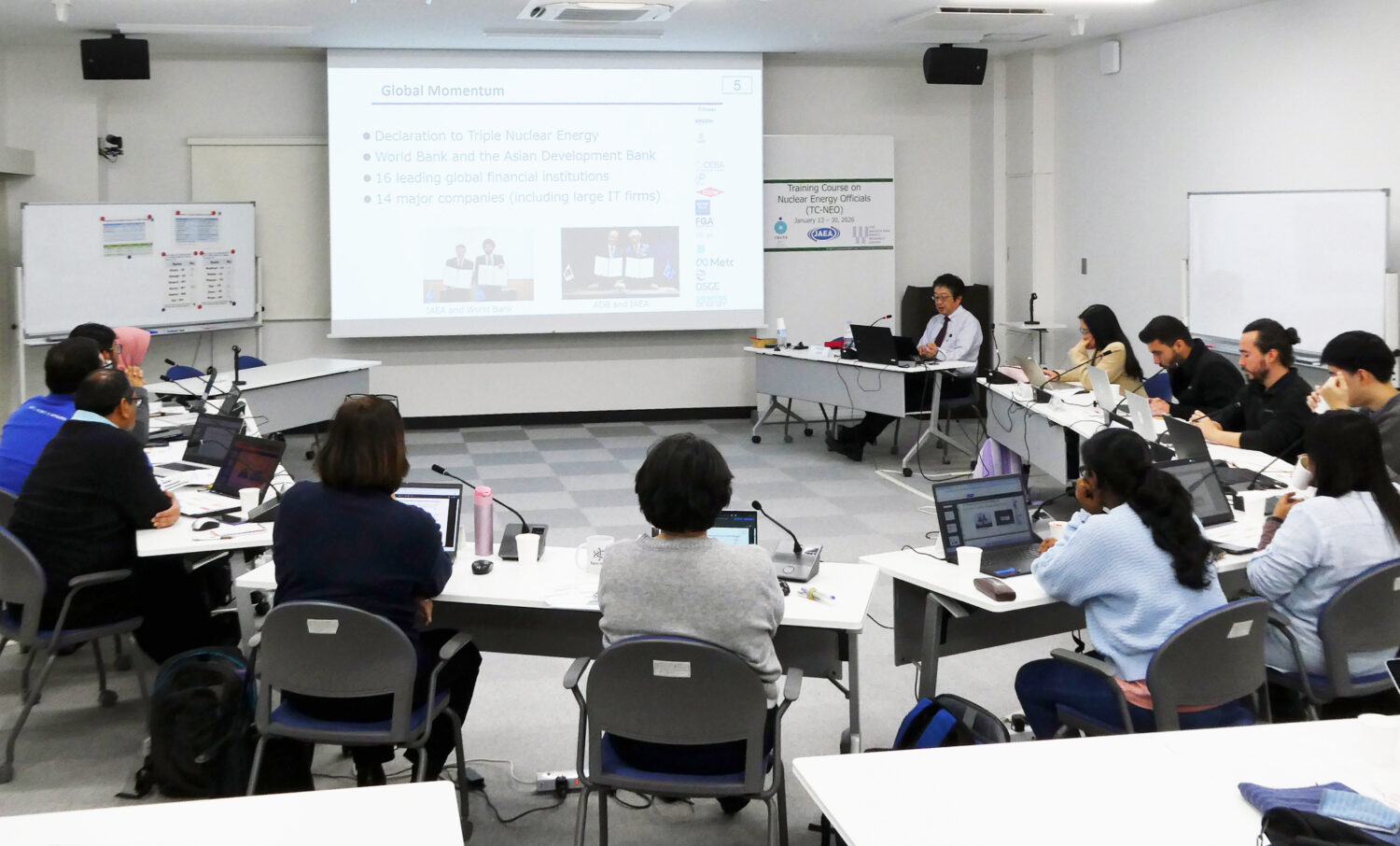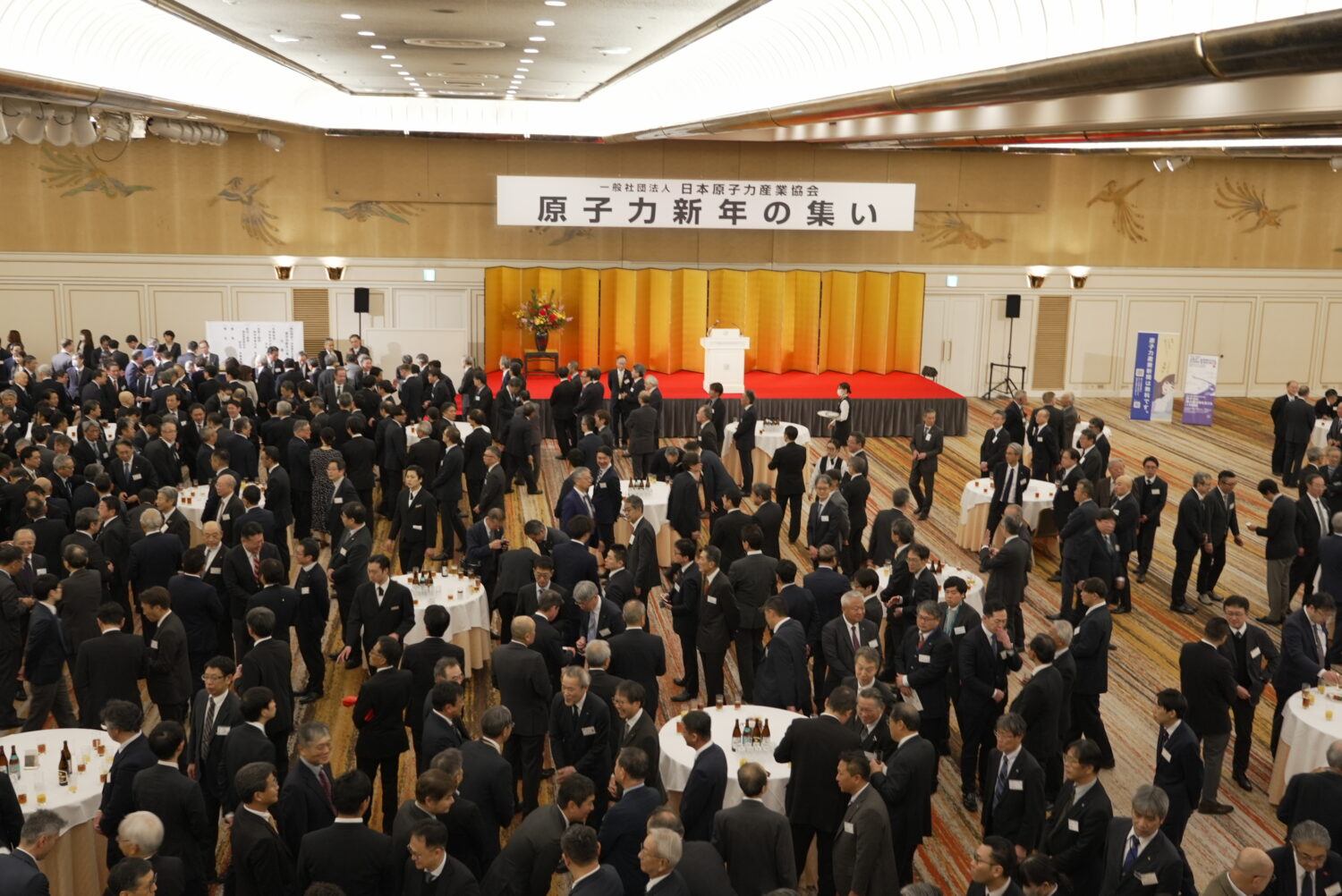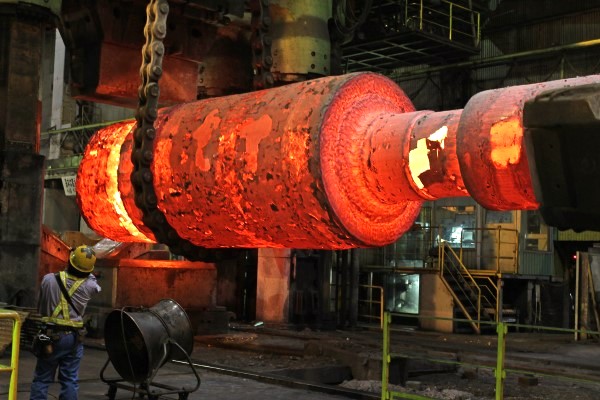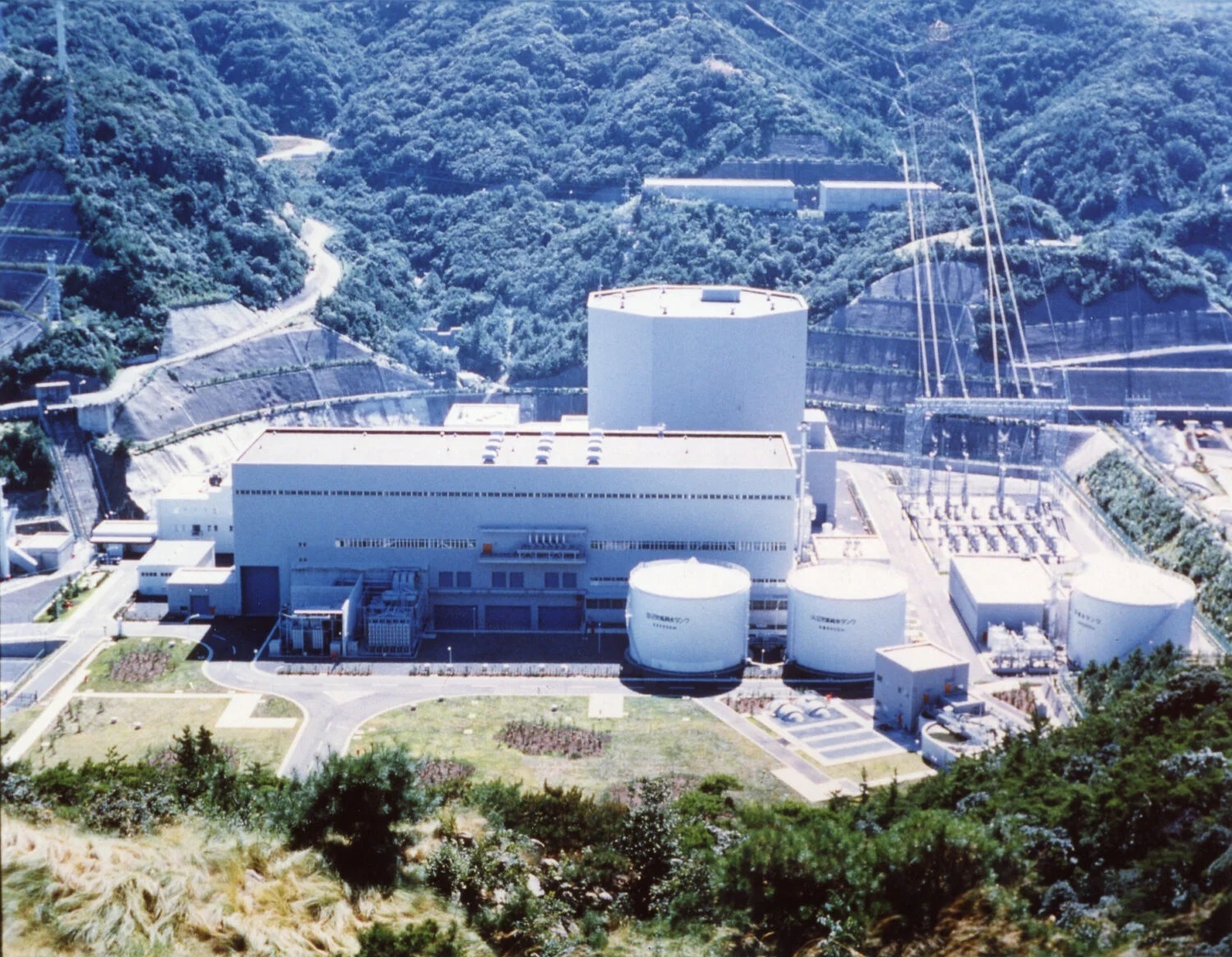The company had filed the final application for the approval—the seventh application in its process—in February. Having been approved this time, it now hopes to restart fuel production at its facilities around November. This is the first time under the new regulatory standards that a manufacturer of fuel for nuclear power in Japan has obtained approval for a fabrication facility.
The new regulatory standards for nuclear fuel fabrication facilities came into effect in December 2013. One month later, the Mitsubishi Nuclear Fuel Company applied for approval of an installation change basic design at its Tokai Works, and obtained permission in November 2017. That same month, the company filed the first application for the fabrication plant.
In the future, it will carry out work and inspections of facilities at the Tokai Works. The company plans to resume production as early as November after the NRA conducts a pre-service inspection.
Other fuel manufacturers have also submitted applications to the NRA for their fuel fabrication facilities. For example, Nuclear Fuel Industries, Ltd. (NFI) has obtained approval for the first three of five parts in the application for its Kumatori Works. As of February, it had filed the final two parts of the application, and the NRA is currently checking the earthquake-proofing and equipment structures of its processing building.
NFI is also in the midst of an eleven-part application for its Tokai Works, and has so far obtained approvals for the first four parts. It has advised the NRA, however, that Kumatori Works is its first priority, so production at that facility appears destined to come first.
Meanwhile, the Global Nuclear Fuel-Japan Co. (GNF-J) is in the midst of a six-part application, and has obtained approvals for the first three parts.















